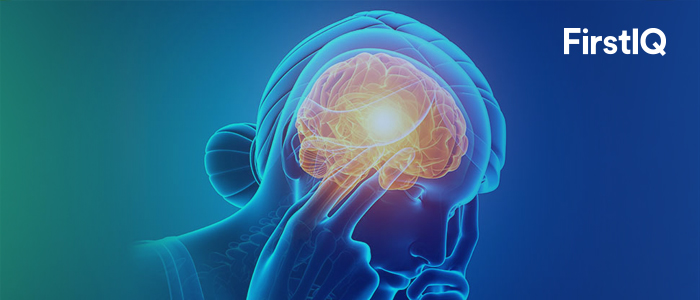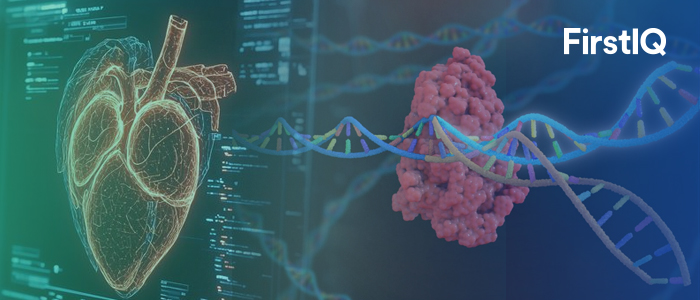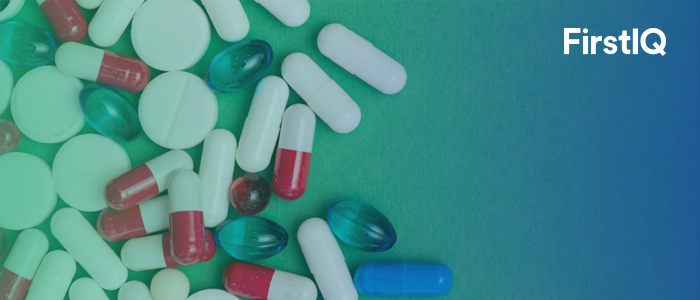Immunising the Future: How Global Vaccine Initiatives Are Reshaping Public Health and Healthcare Sector

“Immunisation wave going across the globe is one of the greatest gifts to mankind”
WHO Director-General, Dr Tedros Adhanom Ghebreyesus, said "Vaccines are one of the best and powerful inventions in the human history, which helps in eradicating diseases and also aids in preventing diseases".
There have been several Global Immunisation Programs led by various international bodies, such as World Health Organization (WHO), UNICEF, Gavi, and various other national government programs, that play an important role in ensuring the equitable access to life saving vaccines across the world.
Recent Global Immunisation Initiatives:
To further strengthen and expanding immunisation coverage, several new global programs have been launched, such as:
- Immunization Agenda 2030: IA2030 is launched by World Health Assembly. It aims to save 50 million lives by protecting people from 20 life threatening diseases over the next decade. The 20 life threatening diseases are as follows, Cholera, Ebola, Measle, Meningococcus, Poliovirus, Maternal and Neonatal Tetanus, as well as Yellow Fever over the next decade.
- An Essential Immunization Recovery Plan for 2023: With the joint initiative efforts by WHO, UNICEF, and Gavi, the Vaccine Alliance, An Essential Immunization Recovery Plan for 2023 was launched. It helps in getting immunization back on track, which is framed by major three key approaches, such as: Catch-Up, Restore, and Strengthen.
- The Zero Dose Child: Zero Dose Child, a strategic period of 2021-2025, by Gavi aims to vaccinate millions of infants who have not received the first dose of diphtheria, tetanus and pertussis-containing vaccine by the end of their first year of life.
Dr Kate O'Brien, Director of WHO's Department of Immunization, Vaccines and Biologicals, said "14.5 million children in 2023, didn't get even a single dose of vaccine", which hence depicts the importance of zero dose children initiative.
Director of Immunization for the U.S. Agency for International Development's MOMENTUM Country and Global Leadership project, said "Zero dose depicts the failure of reaching out to vulnerable communities with services as vaccines saves lives so it’s important to reach out to vulnerable section of society with the service of vaccination".
- The mRNA Technology Transfer (mRNA TT) Programme: WHO launched mRNA TT, with an aim of building mRNA-based healthcare products. This will help in preparing for future pandemics and will also ensure sustainability in between global health emergencies.
WHO Director- General, Dr Tedros Adhanom Ghebreyesus, said "The mRNA Technology Transfer Programme is standing on its promise and is building capabilities in low and middle income countries".
- Regional Immunization Action Plan (RIAP) for the Americas 2030: RIAP aims to strengthen health system, and improve access to immunization, by ensuring that all sectors of population, receive access to immunization programs throughout their life course.
- National Immunisation Program (NIP) Schedule: NIP Schedule is a series of immunisation which is given from birth to adulthood to prevent diseases, during the specific times throughout the life, such as Hepatitis B, Rotavirus, Pneumococcal, Influenza, Measles, Mumps, Rubella, Diphtheria, Tetanus, Pertussis, and Meningococcal B.
These programs represent a global response towards the ongoing as well as emerging public health challenges, while reaffirming that immunisation is a foundation of securing good health.
Future Opportunities in the Era of Global Immunisation Ecosystem:
- Expansion of global programs will rise the demand for advanced vaccine technologies, that further boosts the R&D investments and innovation.
- Increase in collaboration between the governments, NGOs, and private players will create investment opportunities and shared risk models in vaccine development and delivery.
- The rise in the need for efficient cold chains, as well as digital tracking will stimulate the growth across healthcare logistics, tech as well as infrastructure sectors. For example, Cold Chain Resource Center by Pan American Health Organization aims to assure that the vaccines provide the benefits to the patients, carry out the evaluations on cold chain as well as supply chain operations, and carry out research and development in the area of cold chain technology.





